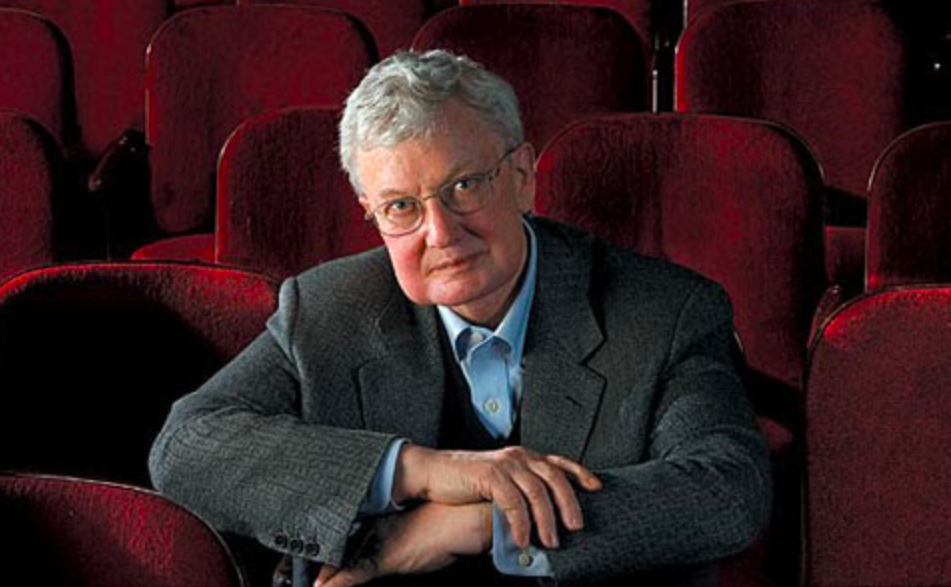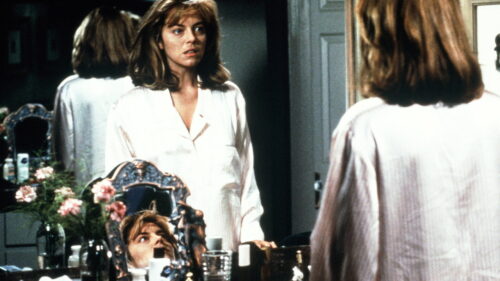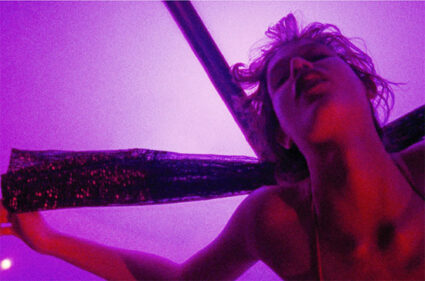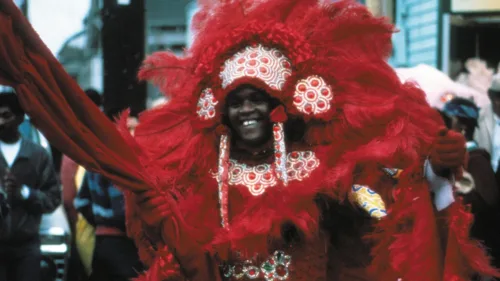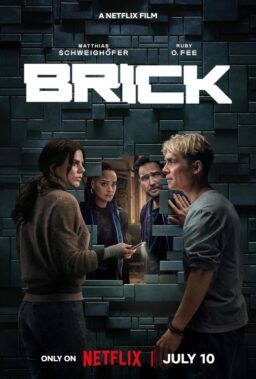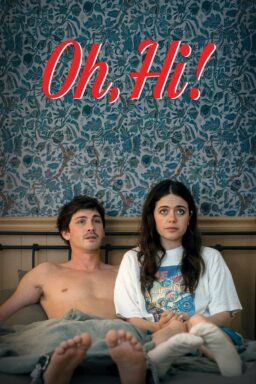Roger Ebert died April 4, 2013. I remember exactly where I was when I heard the news: in my bedroom in an apartment in South Park Slope, Brooklyn, on a beautiful spring afternoon.
I’d been up all night writing, as was often the case back then, and sometime around 11 I finally went down for a nap. I don’t remember what I was dreaming about, but I remember thinking, in the dream, “Something terrible has happened, maybe Roger has died, you need to wake up.” I woke up, and a few minutes later, spoke to my friend Kim Morgan, the critic and filmmaker, on the phone about Roger’s passing. There was nothing mystical about my waking up at that moment, as my sleep had been restless for weeks, in part because of the fragile state of Roger’s health. Just two days earlier, Roger had published a piece titled “”A Leave of Presence” that had people wondering if we were nearing the end of his journey. And in the days and weeks leading up to that, I’d been having conversations with him and Chaz Ebert via email about my possibly taking over running the site in the event that Roger had to go in for another round of cancer treatment.
The piece was a topic of conversation among film critic and filmmakers at that moment, as it seemed at once benevolent and ominous, a self-delivered eulogy of sorts. It began with the words, “Thank you,” as if he were standing in front of a crowd, speaking verbally, which of course would’ve been impossible (without electronic help) since he’d lost his physical voice to cancer in 2006. It confirmed that he was “stepping away” from the day-to-day operations of his web site, which was about to launch a redesign, as well as Ebert Digital, his media company, and EbertFest, his yearly film festival at his alma mater in Champagne-Urbana, Illinois.
“At this point in my life, in addition to writing about movies, I may write about what it’s like to cope with health challenges and the limitations they can force upon you,” he wrote, as if he hadn’t already been doing that, with great insight and transparency, for years already. “It really stinks that the cancer has returned and that I have spent too many days in the hospital. So on bad days I may write about the vulnerability that accompanies illness. On good days, I may wax ecstatic about a movie so good it transports me beyond illness.
I’ve written about my relationship with Roger elsewhere, particularly in “The Most Important Thing Roger Taught Me,” so I won’t belabor the details again in this piece. Suffice to say that every day I think about the kindness and encouragement he showed me as I was coming up and getting established, Tweeting about my written reviews, video essays, and even my weird impersonation of Marlon Brando, which is more of an impression of Brando’s Col. Kurtz from “Apocalypse Now.” One of the highlights of my life was visiting Roger at his home a few years before he died and having him look at me with bright anticipation and scribble on the notepad that he used to converse with others, “How’s Marlon?”, which of course was my cue to do the impersonation. Like we were kids in a middle school cafeteria and he wanted me to do my impression of the principal because it was funny.
Roger appreciated me in totality, just as he did everyone he valued—and probably everyone he didn’t even like, for all I know. He was one of those human beings who could see an entire person, not just one or two relevant bits, which is so rare. The colorful, marginal details were the ones he seemed to treasure most. No wonder he had such strong affinities for Robert Altman, Martin Scorsese, Spike Lee, Werner Herzog, and other filmmakers whose movies were packed with honest-to-goodness characters, the kinds of people you’d introduce to others because there was something about them that you found personally enlightening or amusing or otherwise notable. “Come over here, I want you to meet someone,” I can imagine Roger saying.
When I think about Roger, I think most often about his voice. Not his physical voice, although that was hugely influential on me from all the years that I spent watching his movie review shows on TV: the way that he narrated over clips was the basis for my own style, and I attempted my own version of his cadence, which was conversational and unaffected yet precise and disciplined. Roger talked like he meant it, but not as if he was full of himself, although he certainly wasn’t afraid to let sharper emotions (particularly disapproval or outrage) creep into his delivery when the subject matter warranted it. More than that: he talked to you. You, personally. Not some collective, faceless you, and not to himself, which is the problem that I have with a lot of YouTube-era video narration that was obviously done without anyone else present.
No, I think about his voice on the page, which was indistinguishable in its meter and tone from the voice I heard on TV and on the radio. It is fashionable in some quarters to devalue Roger as a prose stylist because he was so direct and conversational, often writing like a guy talking to you across a table at a diner (or, in the earlier days before he quit drinking, from a stool next to you at a bar somewhere). The sentences were direct and punchy, in a daily newspaper style, until he’d suddenly bust out with a sentence of Faulknerian length, commas sprinkled here and there like stepping stones guiding you through the woods. Roger was always thinking, “What is the best, most appropriate, most honest way to express what I think about feel about this subject”—in much the same way, I would imagine, that my piano player father thought to himself, “What is the best way to play this piece?”; or the way my actress and singer of a mother asked, “What’s the best way to sell this role, to tell this story?”; or the way that a journeyman filmmaker would ask themselves where the best place was to put the camera for a particular moment, and whether it served that moment to move the camera in a suggestive, highly stylized way, or keep it on a tripod and just let the actors do their thing.
Roger becomes lyrical, absolutely magnificently lyrical, when you read him out loud. The words are meant to be spoken in the mind. He was like a film actor who understands that you don’t need to project in closeup, and that sometimes you don’t even need to do anything except sit there in the frame and be that character, because there are so many other forces contributing to the overall effect of the moment, from the direction to the lighting to the cutting to the score. So many film critics, even the important ones, don’t understand that, or actively sneer at it. That’s why Roger was so beloved: he spoke in common language, not in the way that an ineloquent person speaks in common language, but in the way that a gifted oral storyteller or cleric or emcee or eulogist speaks in common language. The goal is not to demonstrate mastery. The goal is to reach people. To connect.
“You always want to imagine you’re talking to somebody,” Roger told me the first time I interviewed him, probably twenty or more years ago, some time after Gene Siskel had died and he was booking guest co-hosts and looking for somebody to replace him (he finally settled on his friend Richard Roeper). “You don’t want to seem like you might as well be talking to yourself.” He was a big proponent of the idea that a reporter should think about all the details from an interview or visit that they’d normally tell to friends after the piece was published and actually put them in the piece. He did that kind of thing all the time, which is why his profiles of directors, writers, actors and other luminaries were so exceptional.
I had father issues throughout my life, with my biological father as well as my stepfather. Looking back on the arc of the first half of my life, what kept me sane and centered was having creative male role models, real and fictional, who exemplified what I thought of as humane masculinity. Roger was one of those people, along with Mr. Rogers, the dads on “The Rifleman” and “Little House on the Prairie,” the John Cusack character from “Say Anything,” and a handful of others. Roger was a teacher and mentor figure, an older friend who didn’t seem to want, expect, or demand anything from you, except that you apply yourself and become the best possible version of the person that only you could be.
I miss him every day. But I also know he’s still here, in my heart and mind: an absent presence.

